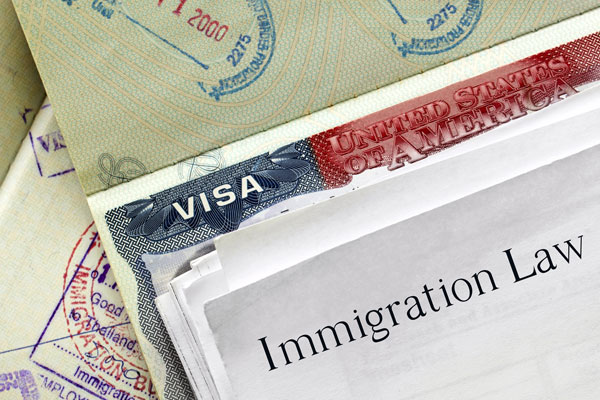- La Feria Community Holds Succesful Business Mixer Event
- Little Nashville to Take Place in Downtown Mercedes
- Lions Basketball Captures District Gold
- La Feria ISD Students Compete in Regional Chess Tournament
- Lions End First Half of 32-4A on a High Note
- La Feria ISD Held Another Successful Parent Conference
- Strong Appearance for Lions at Hidalgo Power Meet
- LFECHS Students Get to Meet Local Actress
- Students Participate in Marine Biology Camp
- Two LFECHS Students Qualify for All-State Band
Advocates Say Court Decision Will Hurt Immigrants
- Updated: July 8, 2016

Immigration rights advocates say the Supreme Court tie decision on President Obama’s immigration policies could hurt thousands of families. Photo: iStockphoto
by Mark Richardson
AUSTIN, Texas — Immigration rights advocates in Texas and other states are blasting a Supreme Court decision Thursday, June 23rd, which could doom President Obama’s expanded immigration policies.
The justices’ 4-4 tie vote allowed a lower court decision to stand, preventing the president from shielding about 4 million people from deportation. The “deferred action” plans would give temporary protections to families with mixed immigration status and some people who entered the country as children.
Attorney Edgar Saldivar with the ACLU of Texas said the court’s deadlock brings uncertainty to a large number of undocumented immigrants.
“A ruling, by having a tie, sends this matter down to the district court,” he said, “and leaves in limbo hundreds of thousands of immigrants who would have had some peace of mind on their status and their ability to work, and things like that.”
The lower court ruling came after Texas and 25 other states sued over the expanded immigration plans, which were announced two years ago. The states had argued that the president overstepped his authority, and were upheld by the high court’s tie vote.
Celina Villanueva, youth engagement manager for the Illinois Coalition for Immigrant and Refugee Rights, argued that the presidents’ expansion actions were building on the success of his 2012 Deferred Action for Childhood Arrivals Program (DACA). The expanded program was to be called the Deferred Action for Parents of Americans and Lawful Permanent Residents (DAPA).
“We’ve seen the effect that it’s had on young people who have been able to live their lives, go on to school, get jobs,” she said. “It’s a positive impact. A lot of the people that would be covered by DAPA are parents of children who are U.S. citizens.”
The Supreme Court’s ruling effectively means Obama cannot take further executive actions on immigration.
The Supreme Court’s decision is online at scotusblog.com.


